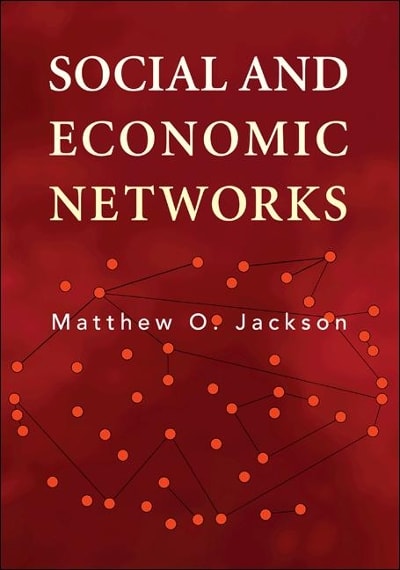Question
Suppose we give B 10 cups. Also, while F told B in advance that in half of the cups the tea will be added first,
Suppose we give B 10 cups. Also, while F told B in advance that in half of the cups the tea will be added first, we will not give away any such information. Instead, before mixing tea and milk, we will flip a fair coin: if it lands Heads, we will add the milk first, and if it lands Tails, we will add the tea first.
If B would not have the ability to tell apart the order in which tea and milk are added and would be purely guessing at random,
what would be the distribution of the random variable X representing the number of correctly classified cups? (2pt)
what would be the probability that B correctly classifies 5 out of the 10 cups? (1pt)
what would be the probability that B fails to correctly classify exactly two cups?
(1pt)
what would be the probability that B classifies at least 7 of the cups correctly? (1pt)
Now, suppose that B gives the correct answer to all cups that are tested.
5. Assume that B is purely guessing. What is the smallest number of cups that we would have to offer B, so that the probability of B classifying all cups correctly would be strictly less than 0.25? (assume that all other parts of the design of this experiment remain the same, except for the number of cups we offer B)
Step by Step Solution
There are 3 Steps involved in it
Step: 1

Get Instant Access to Expert-Tailored Solutions
See step-by-step solutions with expert insights and AI powered tools for academic success
Step: 2

Step: 3

Ace Your Homework with AI
Get the answers you need in no time with our AI-driven, step-by-step assistance
Get Started


